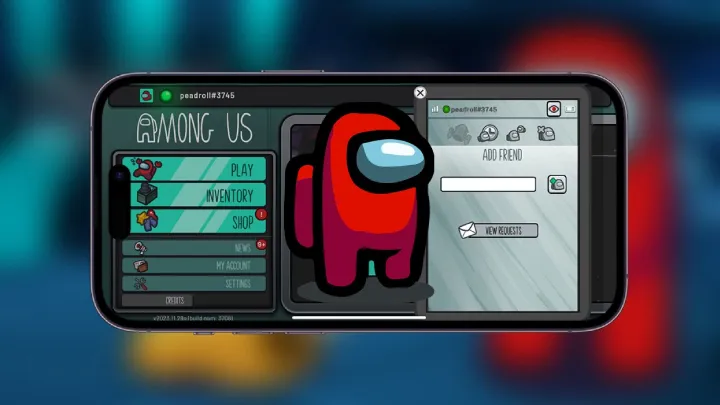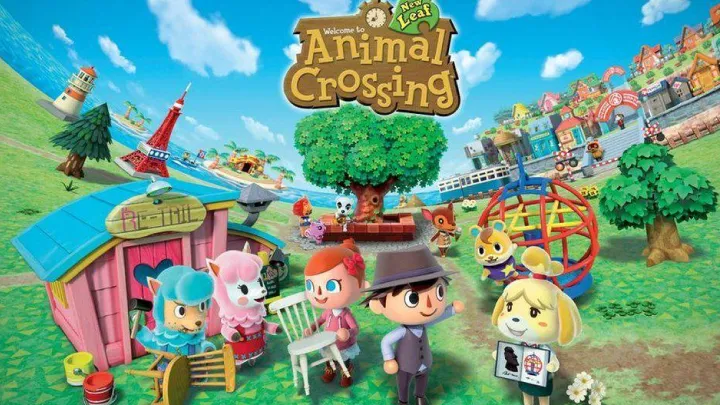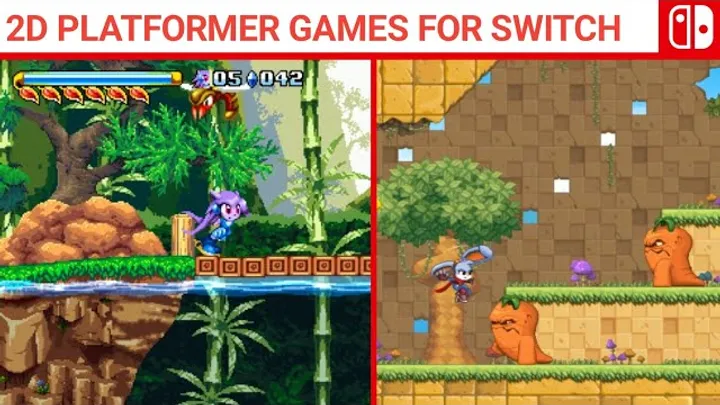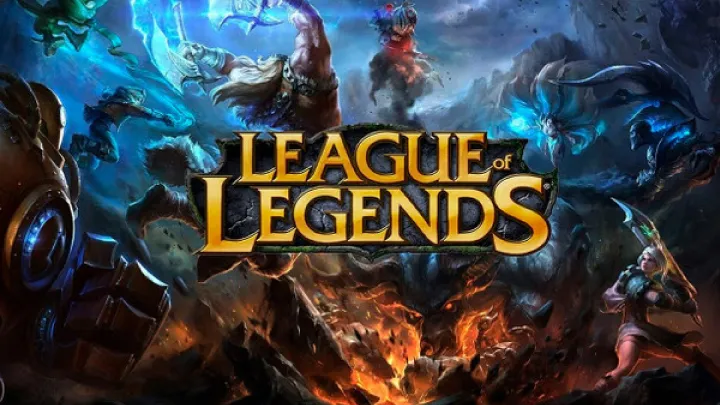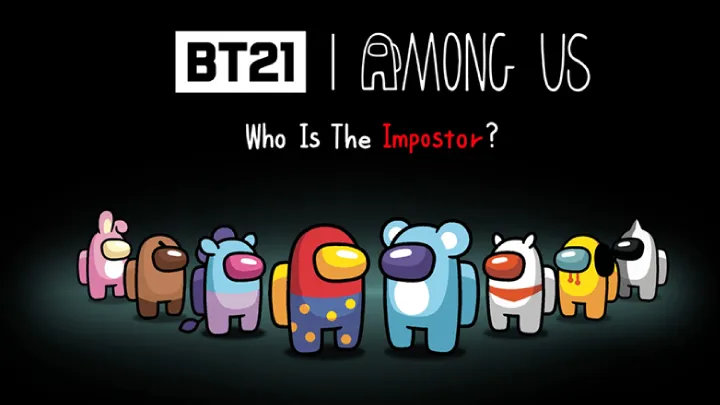
Among Us, developed by InnerSloth, became a cultural phenomenon during the pandemic, captivating players with its unique blend of teamwork, deception, and social dynamics. The game revolves around a group of crewmates working together to complete tasks on a spaceship, while one or more impostors attempt to sabotage their efforts and eliminate them without being discovered. At its core, Among Us is not just a game of survival; it is a complex exploration of trust, deception, and the human experience. This article will delve deeply into the theme of trust and deception within Among Us, examining how these dynamics impact gameplay, player interactions, and the broader implications for understanding human behavior.
The Setup: A Game of Trust
The Premise of Among Us
In Among Us, players are divided into two main roles: crewmates and impostors. Crewmates must complete various tasks around the map to maintain the spaceship, while impostors work covertly to eliminate crewmates and sabotage their efforts. This setup creates an environment rife with suspicion, as crewmates must determine who among them is trustworthy and who is out to deceive.
The simplicity of the game's premise belies the complexity of the interactions that unfold. Players must rely on communication, observation, and deduction to navigate the challenges posed by their roles. Trust becomes a critical element, as crewmates must decide whom to believe based on limited information and the actions of others.
The Role of Social Dynamics
The social dynamics of Among Us are paramount to the game's appeal. Each match becomes a microcosm of human interaction, reflecting how people navigate relationships, suspicion, and betrayal. The need for trust among crewmates is juxtaposed against the inherent deception of impostors, creating a tension that drives gameplay.
Players often find themselves grappling with moral dilemmas: should they trust their instincts, rely on established relationships, or be swayed by persuasive arguments? This interplay between trust and deception reveals the complexities of human behavior, making each game a unique social experiment.
The Impostor's Gambit: Mastering Deception
The Art of Deception
For impostors, the game is a delicate balancing act of deception and strategy. They must blend in with crewmates, complete fake tasks, and create alibis while simultaneously plotting sabotage and elimination. The impostor's primary goal is to sow discord and mistrust among crewmates, making it essential for them to master the art of deception.
Impostors can employ various tactics to manipulate the game in their favor. These include:
- False Claims: Impostors can feign completing tasks, providing alibis that can mislead crewmates.
- Strategic Kills: Timing is critical; impostors must choose when and where to eliminate crewmates to avoid immediate suspicion.
- Blame Shifting: Accusing others can deflect attention from the impostor, creating confusion and fear among crewmates.
These strategies require a keen understanding of social cues and player behavior. The impostor must read the room, gauge reactions, and adapt their approach based on how crewmates respond to their actions.
The Psychological Aspect of Deception
The psychological implications of playing as an impostor are profound. The pressure to deceive can lead to increased stress and anxiety, as impostors must constantly navigate their lies without being caught. This experience can elicit a range of emotions, from exhilaration when successfully deceiving others to dread when facing suspicion.
Additionally, impostors often experience a heightened sense of paranoia. They must remain vigilant, constantly assessing the reactions of others and adjusting their strategies accordingly. This dynamic plays into the broader theme of trust; impostors must be adept at building relationships while simultaneously undermining them.
Crewmate Dynamics: Navigating Trust
The Importance of Communication
For crewmates, effective communication is vital for survival. Players must share information, observations, and suspicions to piece together the identity of the impostor. This collaborative effort requires a delicate balance of trust and skepticism, as crewmates must evaluate the reliability of each other's claims.
In-game discussions often reveal the complexities of human interaction. Crewmates may form alliances, share insights, and engage in debates, all of which can influence the decision-making process. The success of crewmates hinges not only on their task completion but also on their ability to communicate effectively and build trust among themselves.
The Challenge of Trust
However, the challenge of trust looms large. Crewmates must navigate a landscape of uncertainty, where anyone could be the impostor. This uncertainty can lead to heated discussions, accusations, and even irrational decisions based on fear rather than logic. The emotional stakes are high, as wrongful accusations can lead to the elimination of innocent players.
The social dynamics at play during discussions often lead to moments of tension and drama. Players may resort to emotional appeals, using persuasive language to sway opinions. The struggle for trust becomes a central theme, as crewmates must weigh their convictions against the possibility of being wrong.
The Voting Process: Consequences of Decisions
The Mechanics of Voting
At the heart of Among Us lies the voting process, where players must decide who to eliminate based on their suspicions. This mechanic serves as a critical juncture in the game, where trust is put to the ultimate test. Players must present their cases, defend their innocence, and make decisions that can have significant consequences.
The voting phase is often fraught with tension. Players may feel pressure to conform to group opinions, even if they have doubts about the majority's choice. This groupthink mentality can lead to hasty decisions, resulting in the elimination of innocent crewmates and further complicating the dynamics of trust.
The Impact of Misinformation
Misinformation plays a crucial role in the voting process. Impostors can manipulate discussions to sow discord and create confusion, leading to votes based on false information. This aspect of the game highlights the fragility of trust; a single misstep or persuasive argument can sway the outcome, resulting in tragic consequences for the crewmates.
The consequences of voting extend beyond the immediate gameplay. Players must grapple with the emotional fallout of their decisions, reflecting on how their choices impact relationships within the game. The remorse that follows a wrongful accusation can linger, creating tension among players and influencing future interactions.
The Role of Observation: Detecting Deception
The Importance of Observation
Observation is a key skill in Among Us, particularly for crewmates trying to identify impostors. Players must pay close attention to the behavior of others, noting inconsistencies and unusual actions. This skill requires a keen eye and an understanding of social dynamics, as impostors often exhibit subtle cues that can reveal their true identity.
Crewmates can gather valuable information by observing task completion, movement patterns, and interactions with others. For example, a player who consistently avoids tasks or acts suspiciously may raise red flags. The ability to discern these behaviors becomes a matter of survival, as crewmates rely on their observations to inform their decisions.
The Psychological Game of Observation
The act of observation also plays into the psychological aspects of the game. Players must navigate their own biases and emotions while assessing the behavior of others. Personal experiences and relationships can influence how players interpret actions, creating a complex web of perception and misperception.
This psychological game can lead to moments of self-doubt, where players question their judgments and instincts. The pressure to identify the impostor can create anxiety, leading to overthinking and second-guessing. The interplay between observation and trust becomes a critical element of the gameplay experience.
The Social Experiment: Real-World Implications
Among Us as a Social Experiment
Among Us transcends its status as a game; it serves as a social experiment that reflects real-world dynamics of trust, communication, and deception. The interactions that unfold during matches mirror the complexities of human relationships, providing insight into how people navigate social situations.
Players often find themselves in scenarios that challenge their perceptions of trust and deception. The game exposes the fragility of relationships, as alliances can shift and loyalties can be tested. This dynamic fosters discussions about human behavior, ethics, and the nature of deception in everyday life.
Lessons on Trust and Deception
The lessons learned from playing Among Us extend beyond the digital realm. Players are forced to confront their own biases, motivations, and decision-making processes. The experience encourages reflection on how trust is built and broken in real-life situations, prompting players to consider the implications of their actions.
Moreover, the game highlights the importance of communication and collaboration in fostering trust. Effective teamwork and open dialogue are essential for success, mirroring the skills needed in real-world interactions. Among Us serves as a reminder that trust is a delicate balance that requires continuous effort and understanding.
The Cultural Impact: Among Us in Society
The Rise of Among Us
Among Us exploded in popularity during the COVID-19 pandemic, providing a means of social connection during a time of isolation. The game became a cultural phenomenon, inspiring memes, merchandise, and a dedicated fanbase. Its simple yet engaging gameplay resonated with players of all ages, making it accessible and appealing.
The rise of Among Us also brought discussions about trust and deception into mainstream conversations. Streamers and content creators showcased the game, highlighting the social dynamics at play and drawing attention to the importance of communication and teamwork. The game's impact on social interactions has been profound, prompting players to engage in discussions about the nature of trust in their own lives.
The Legacy of Among Us
As Among Us continues to evolve, its legacy as a social deduction game remains significant. The themes of trust and deception resonate with players long after they log off, contributing to ongoing discussions about relationships and human behavior. The game's influence on social gaming has paved the way for similar titles, highlighting the enduring appeal of social deduction mechanics.
Moreover, Among Us has sparked interest in exploring the psychology of deception and trust in various contexts. Researchers and psychologists have sought to understand the dynamics of human interaction as illustrated by the game, contributing to a deeper understanding of social behavior.
Conclusion
Among Us is more than just a game; it is a complex exploration of trust, deception, and human dynamics. Through its engaging gameplay, players navigate a world filled with suspicion, teamwork, and emotional challenges. The interplay between impostors and crewmates reveals the fragility of trust, highlighting the complexities of relationships and the impact of communication.
